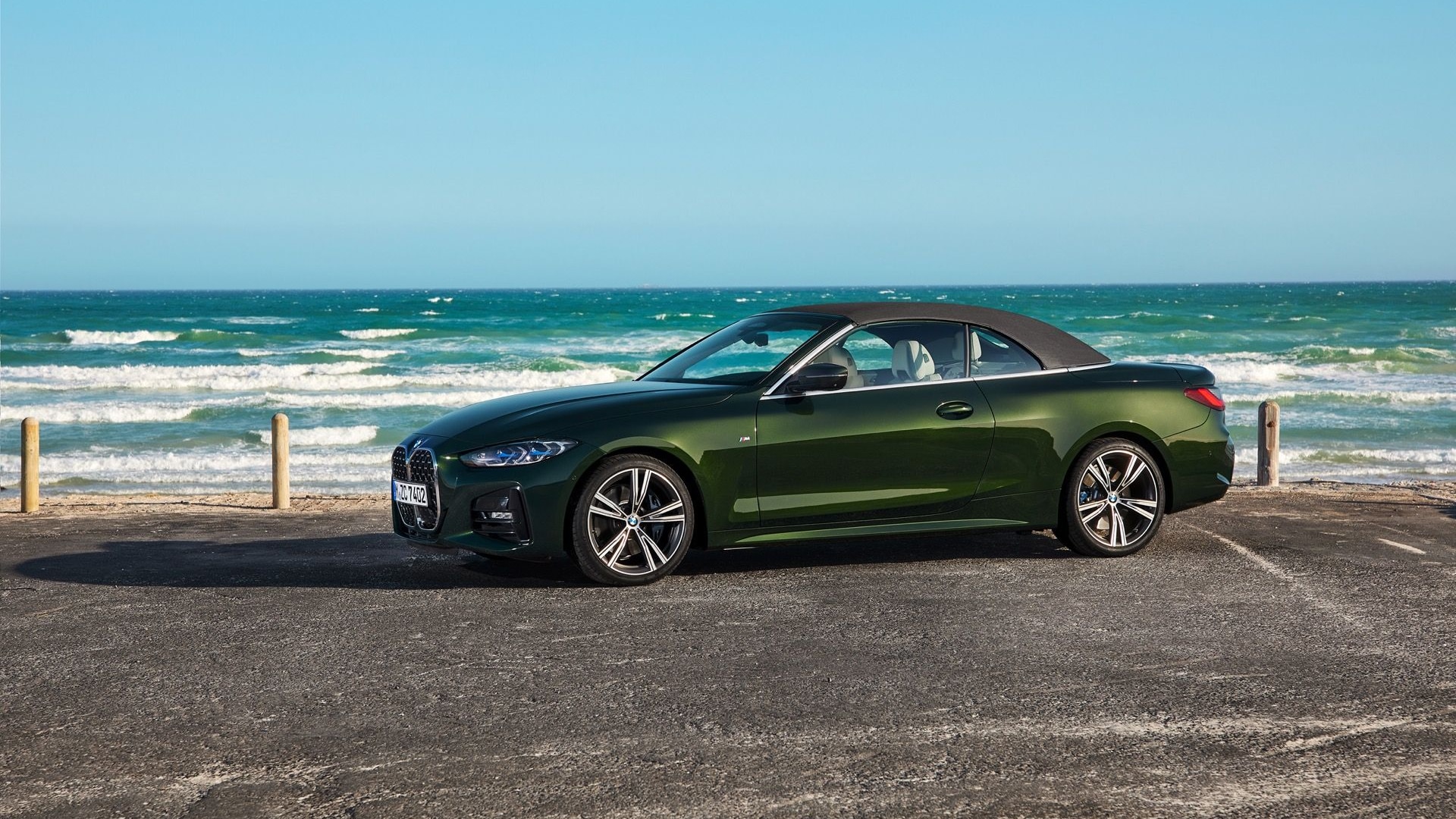Winter is here, and that means it's time yet again for your annual reminder that winter tires are a worthwhile investment, even if you live in an area that rarely sees frozen stuff falling from the sky.
This year's message comes courtesy of BMW. For the demonstrations, BMW fitted M4 coupes with winter and summer tires—and then compared their performance in summer and winter conditions.
For control, BMW fit a third car with a set of extreme-performance summer tires, which it calls semi slicks, in the warm weather, and then swapped those for studded tires in the snow for the same purposes.
There's more to this video than the simple message that you should fit tires appropriate to the weather conditions. BMW actually takes the time to explain why each tire is more proficient (or deficient) under different circumstances, choosing to be educational rather than simply slapping viewers across the face with messages about tire choice.
In its first test, BMW lines up all three cars for a good, old-fashioned warm-weather drag race. In this, the semi-slick tire wins by a nose, followed by the summer compound. The winter tire lags considerably, as the high profile and squirmy tread combine to reduce its launch traction.
The second test—a warm-weather slalom—shows the winter tire's weaknesses even more prominently, as it struggles to maintain lateral grip on the warm asphalt, but perhaps the most damning demonstration follows it: warm-weather breaking distance. In this, the car with winter tires needs a full 52 feet more to come to a complete stop from 93 mph.
At this point, BMW flips the script. The cars are taken to the Alps for winter-weather testing, and the results aren't surprising. The summer tire takes forever to complete the drag race, and takes nearly half again as long as the winter tire to complete the slalom. The braking test is far worse for the summer tire than the warm-weather equivalent was for the snow tire. The studded tire performs best in all tests, but the winter tire proves quite capable.
The key take-away here is that winter compounds make a massive difference on icy and snowy conditions, and while winter tires may not be as compromised in summer as warm-weather tires are in winter, it's still best to use a compound appropriate to the season. It'll save you money, too.


